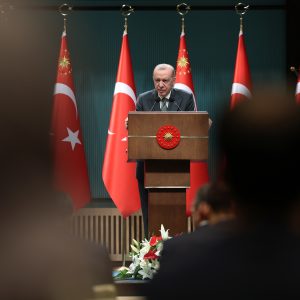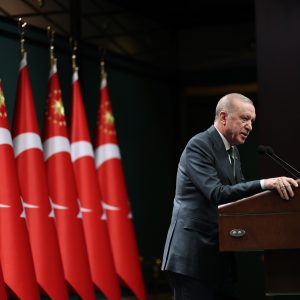Hundreds of Indian Muslims face legal action over silent protests against new Waqf law
In northern India’s Uttar Pradesh state, more than 300 people have been served legal notices after silent protests against controversial changes to Islamic charitable laws.
Protesters wore black armbands during prayers.
Indian authorities now require each person to appear before a magistrate and provide financial bonds of more than $2,000 to ensure they do not engage in further protests.
The action follows India’s parliament, led by the ruling Hindu nationalist Bharatiya Janata Party, passing a new Waqf Amendment Bill.
The law changes rules governing Muslim charitable properties such as mosques, schools, and graveyards, allowing non-Muslims on management boards and limiting property donations.
Police in cities like Muzaffarnagar and Lucknow accused protestors of threatening public peace.
Political leaders, including members of the opposition Samajwadi Party, have also been targeted.
Some were ordered to post bonds as high as $12,000.
Critics say the crackdown violates democratic rights.
Muslim groups and opposition parties have pledged nationwide peaceful protests and legal action against the new law.
The All India Muslim Personal Law Board announced plans for rallies and symbolic arrests under the campaign “Save Waqf, Save the Constitution.”
Mujeeb Shibli, who also is the city secretary of the Jamiat-Ulema-e-Hind, said they had arranged a silent protest with black ribbons on Friday.
There was no noise, no demonstration, sloganeering or any form of uproar, yet they were served notices.









